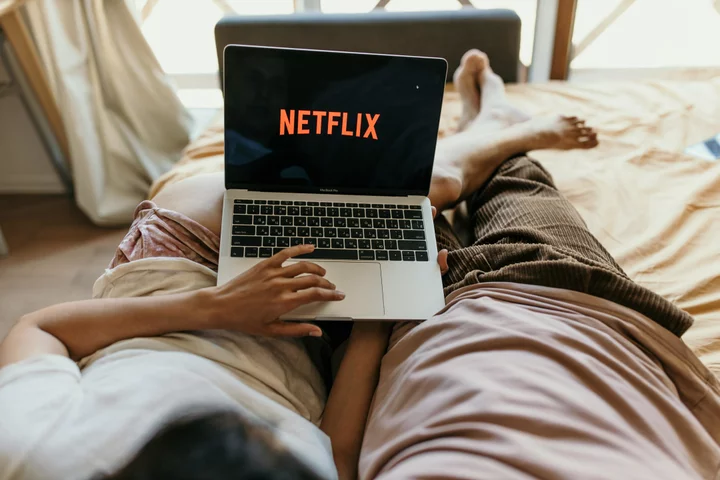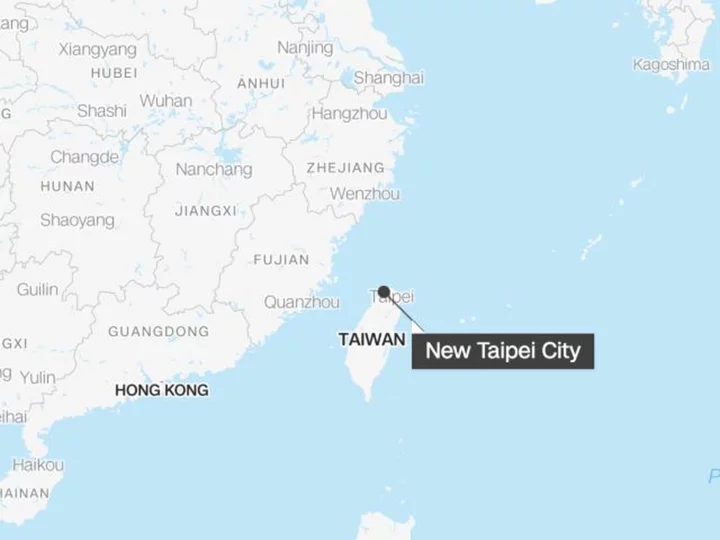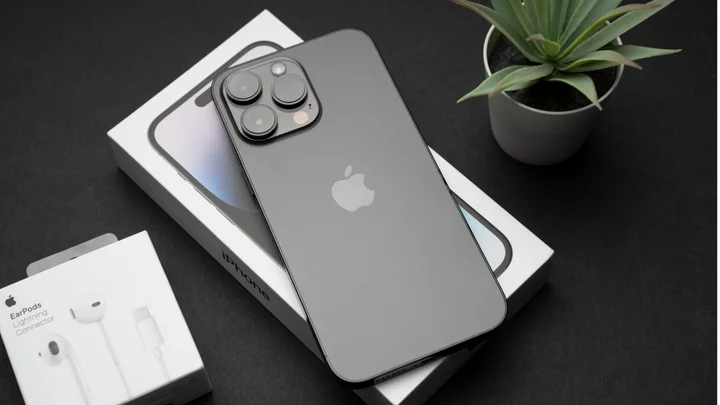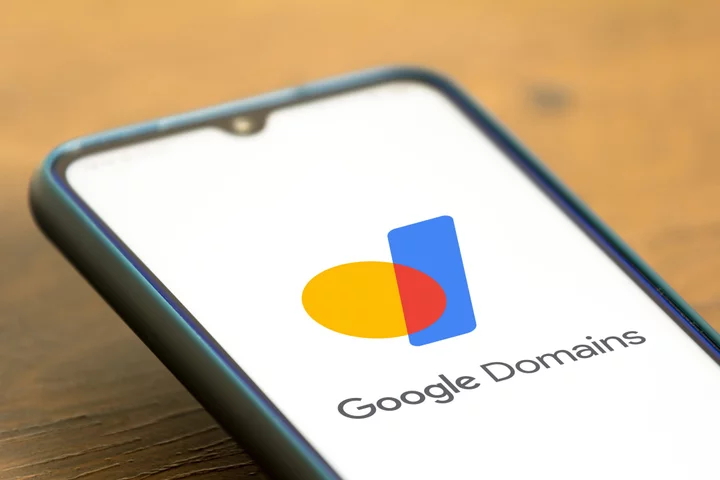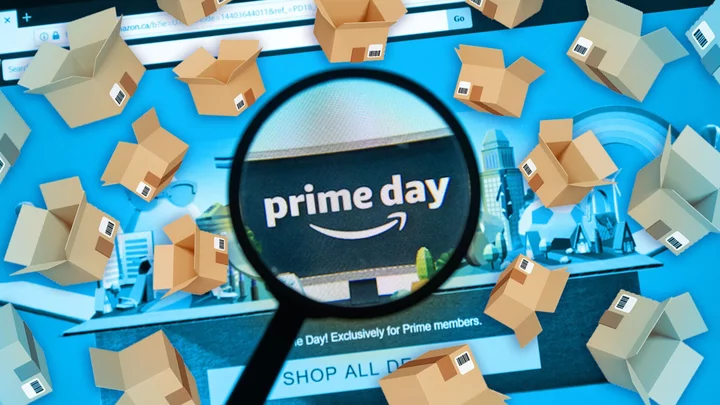We know why you're here, and that's to access more content from around the world with the help of a VPN. You can use these popular services to binge-watch all of the movies and shows you want, even if they're not usually available in your location. Once you've connected to a VPN, you'll be able to override streaming geo-restrictions and unblock everything on offer.
You've already got a lot of options when it comes to streaming, with the likes of Netflix, Prime Video, and Disney+ pumping out masses of great entertainment at the moment, but sometimes these sites can be cruel. We've all been in the same situation: you sign up to a service to watch a particular show, only to realise that it's not available in your location.
This is when a VPN can help.
What is a VPN?
Virtual Private Networks (VPNs) are valuable tools for improving your online security. They help you to stay safe and anonymous online by shielding your personal data from the prying eyes of authorities and hackers.
These clever services work by hiding your IP address and rerouting your internet traffic through an encrypted VPN tunnel. This secures your bank transactions, protects your digital identity, and lets you work safely on public WiFi networks. This process also means that you can trick leading streaming sites into thinking you are based in another country, meaning you can watch all the extra content that is normally locked to that location.
What should you consider when subscribing to a VPN?
There are plenty of things that you should consider when it comes to streaming with a VPN, and we have highlighted a selection of the most important things to think about before subscribing:
Connection speed — A VPN is going to produce a drop in your connection speed, but you shouldn't accept anything that results in painful buffering. If you're going to be streaming with a VPN, you obviously don't want anything that will impact your connection speed to the point that you can't watch a film or show without frustration.
Number of connections — The best VPNs let you connect an unlimited number of devices with the same account. At the very least, you should opt for a service that offers multiple simultaneous connections. This means you can stream securely on all your devices.
Server network — The best VPNs provide access to thousands of geographically diverse servers, which means you should always be able to find a stable and speedy connection for streaming. If you want to unlock content from a particular location, you should make sure a VPN has servers in that country.
Privacy policy — It's worth paying special attention to the data-handling, storage, and usage practices of the VPN you are planning on using. These practices should be laid out in a privacy policy, and if they aren't clear, it's best to avoid. Most VPNs require access to your IP address, online transactions, and browsing history, plus your personal details when you sign up. If privacy is the objective, it's absolutely essential that your VPN is not going to store these details. If it does, the whole thing is kind of pointless.
Encryption — There are different levels of encryption, and whilst it's important to take note of the grade provided by your VPN, the best options will all offer powerful protection for your data. You are likely to come across terms like "military-grade" and "enterprise-grade," which just means that you can rely on it to do its job.
Bandwidth — There are some VPNs out there that place monthly caps on network bandwidth, meaning you can only download a certain amount of data. You should avoid these services, unless you're on a free trial. If you're paying for a VPN, you should be able to download and upload as much as you want.
There are absolutely loads of things to consider when subscribing to a VPN, and we wouldn't expect you to remember everything. The most important things to keep in mind when searching for a streaming-friendly VPN are connection speed and server network. The rest is a bonus.
Should you use free VPNs?
The good news is that there are plenty of free versions of popular VPNs, plus free trials of VPNs with full access to everything you get with a premium plan. Alternatively, you can pay for a VPN. So which option is best for you and your lifestyle?
As with most things in life, you get what you pay for with VPNs. There tends to always be a catch with free versions, and it's normally in the form of limited data usage. If you're just an occasional user, these plans will work fine. But if you're going to be streaming or downloading, this isn't going to work. Free trials are a little bit different: they come with everything you get in a paid plan, but obviously they don't tend to last very long. Trials are great for testing out a service before committing, but this isn't a long-term solution.
What we're saying is that the best option for streaming securely and accessing the online world without restrictions is with a paid subscription to a VPN. To gain access to advanced security features without limitations on usage, you need to pay up. The best VPNs are generally the most expensive, but there are plenty of cheap plans out there, especially if you're willing to commit to a lengthy contract.
What is the best VPN for streaming?
A VPN is the safest, fastest, and most reliable way to gain access to your favourite shows, movies, sporting events, and videos. This does not mean that every VPN is great for streaming however, and some services are better suited to the job than others.
Finding a VPN for streaming is not a simple task, and that's why we've helped you out by lining up a selection of your best options. We know that everyone has a different set of priorities when it comes to connection speed, security, and customer support, and that's why this line-up offers a bit of everything.
We checked out everything on offer, and ExpressVPN, NordVPN, CyberGhost VPN, Surfshark, and more have made the cut. It's really down to you to decide on your favourite option, and we recommend taking your time and carefully considering everything on offer.
These are the best streaming VPNs in 2023.

